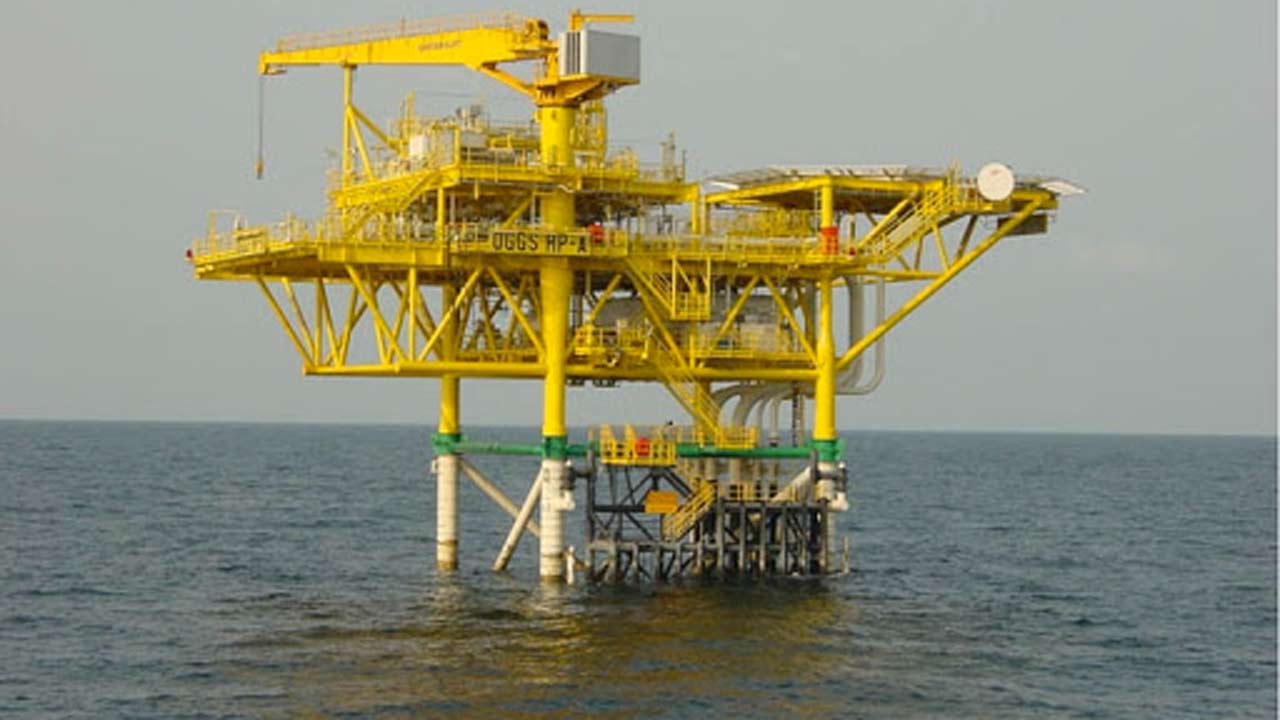
Oil trading, an essential component of the global financial market, has historically been seen as the domain of powerful conglomerates and major investors. From its initiation in ancient civilizations to its modern-day iterations, oil has always held paramount economic significance. Yet, as with many industries, innovative thinkers sometimes deviate from the norm, seeking unconventional strategies to make their mark. This article delves deep into these unorthodox approaches, shedding light on the methods some traders use to achieve immense wealth. In this context, platforms like Oil Loophole Group, specializing in oil trading, offer traders a streamlined and efficient avenue for conducting transactions in the oil market.
Understanding the Basics of Oil Trading
Before delving into the unconventional, it’s essential to grasp the fundamentals.
How Oil Trading Works: At its core, oil trading involves buying and selling contracts that promise oil delivery at a future date. These contracts, known as futures, are standardized in terms of quantity and quality. The price fluctuates based on a variety of factors, including global events, supply and demand, and geopolitical tensions.
Key Players: While brokers connect buyers and sellers, the market consists of three primary players
- Investors: Institutions or individuals looking for long-term gains.
- Speculators: Those who buy and sell futures without intending to receive the actual oil, hoping to profit from price fluctuations.
- Brokers: Mediators who facilitate trading between investors and speculators.
Unconventional Strategies in Oil Trading
Diverging from tradition, some traders harness unique approaches to outmaneuver the competition:
- Geopolitical Events and Unrest: Acute awareness of global events can give traders an edge. For instance, a coup in an oil-rich nation might disrupt supplies, driving prices up.
- Non-Traditional Data Sources: Progressive traders employ satellite imagery to estimate oil storage levels, giving them unparalleled insights into supply data ahead of official reports.
- Algorithmic and High-Frequency Trading: Using algorithms to automatically execute a large number of orders at incredibly high speeds can capitalize on small price changes that might be imperceptible to human traders.
The Power of Leverage in Oil Futures
Leverage ratios play a critical role in oil trading, influencing the potential gains and losses for traders. These ratios determine how much control traders have over larger contract sizes with relatively small investments. For instance, a 10:1 leverage ratio means that a 1% increase in the oil price can result in a substantial 10% gain, but conversely, a 1% price drop can lead to an equivalent 10% loss. As demonstrated in the table, different leverage ratios, such as 5:1, 10:1, and 20:1, illustrate how the same 1% price fluctuation can yield varying levels of potential gains and losses, highlighting the magnifying effect that leverage can have on oil trading outcomes. While leverage can amplify profits, it also significantly heightens the risk, emphasizing the importance of prudent risk management in this high-stakes market. Traders must carefully consider the appropriate leverage ratio to match their risk tolerance and trading strategy.
The Role of Alternative Energy and Its Impact on Oil Trading
With the rise of renewables, oil’s dominion is challenged. Solar, wind, and hydroelectric energy sources reduce oil demand, and traders must anticipate these shifts. As electric vehicles gain traction and nations pledge to go carbon-neutral, the trading landscape evolves.
Psychological Aspects of Unorthodox Trading
Beyond strategies, a trader’s mindset can make or break their success.
- Maverick Mentality: Embracing risks while being grounded in research.
- Stress Management: High risks mean high stress. Successful traders often employ techniques like meditation or engage in hobbies to manage their mental well-being.
- Discipline: Maintaining consistency and not letting emotions dictate trades is vital.
Case Studies: Mavericks of Oil Trading
Consider Pierre Andurand, who foresaw the 2020 oil price collapse. His fund, Andurand Capital, reportedly made significant gains by betting on a price drop, while many others faced severe losses. Such success stories underscore the importance of intuition, research, and sometimes, sheer audacity.
Ethical Considerations in Oil Trading
Oil trading isn’t just about profits. Ethical considerations, such as the environmental impact of oil extraction and the potential consequences of speculative trading on global economies, can’t be ignored. Traders must consider the broader implications of their actions, both on the environment and global societies.
Preparing for the Unpredictable: Risk Management and Safety Nets
Every trader, whether conventional or unconventional, should understand the importance of risk management:
- Stop-Losses: Pre-determined levels where a trader exits a position to prevent further loss.
- Diversification: Spreading investments to minimize the risk of severe losses from a single bad trade.
Conclusion: The Future of Oil Trading in a Changing World
Amid the global transition towards sustainability, the dynamics of oil trading are undergoing significant transformations. Thriving in this evolving landscape demands a trader’s ability to foresee shifts, adapt to emerging realities, and continually refine their strategies while upholding robust risk management practices. Through a blend of traditional and unorthodox approaches, traders can effectively maneuver through the intricacies of this market, enabling them to make informed decisions that result in substantial returns.






